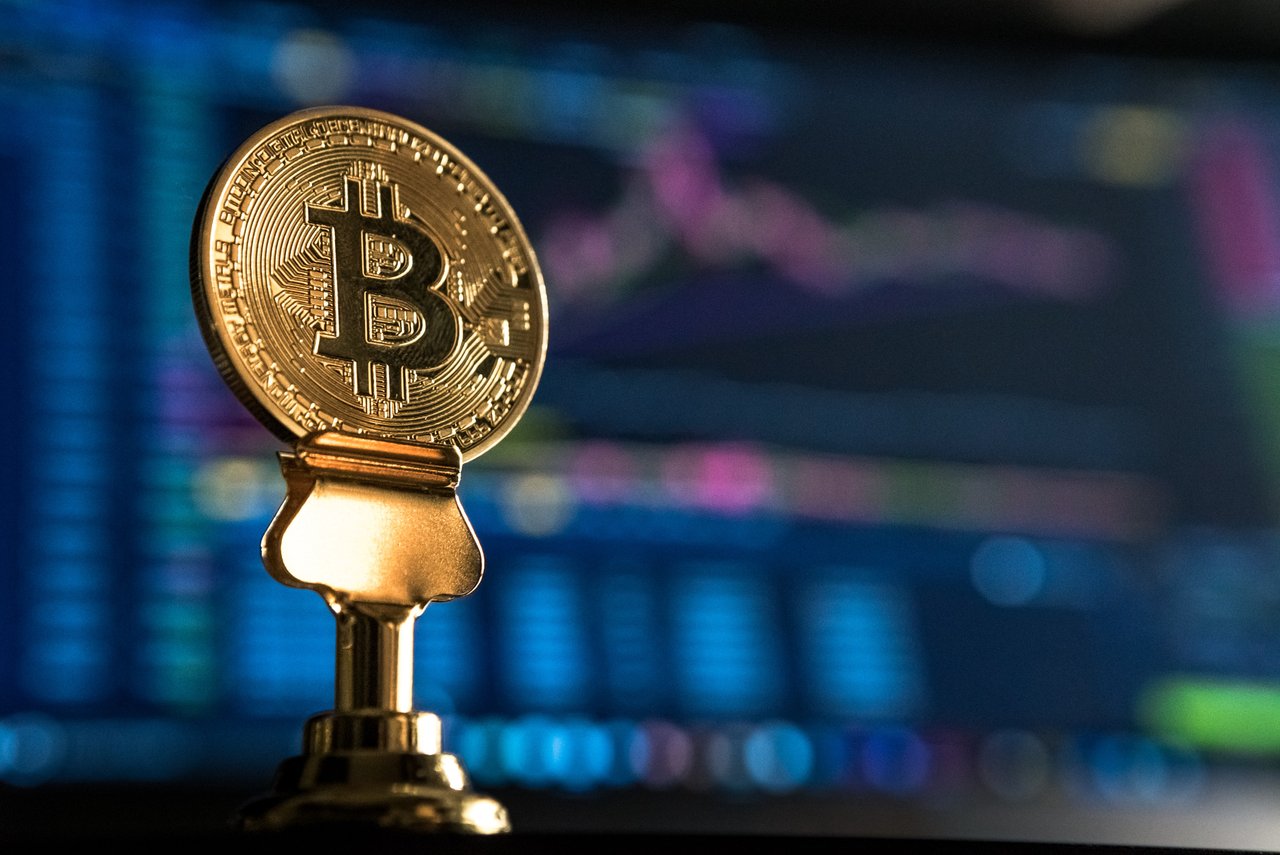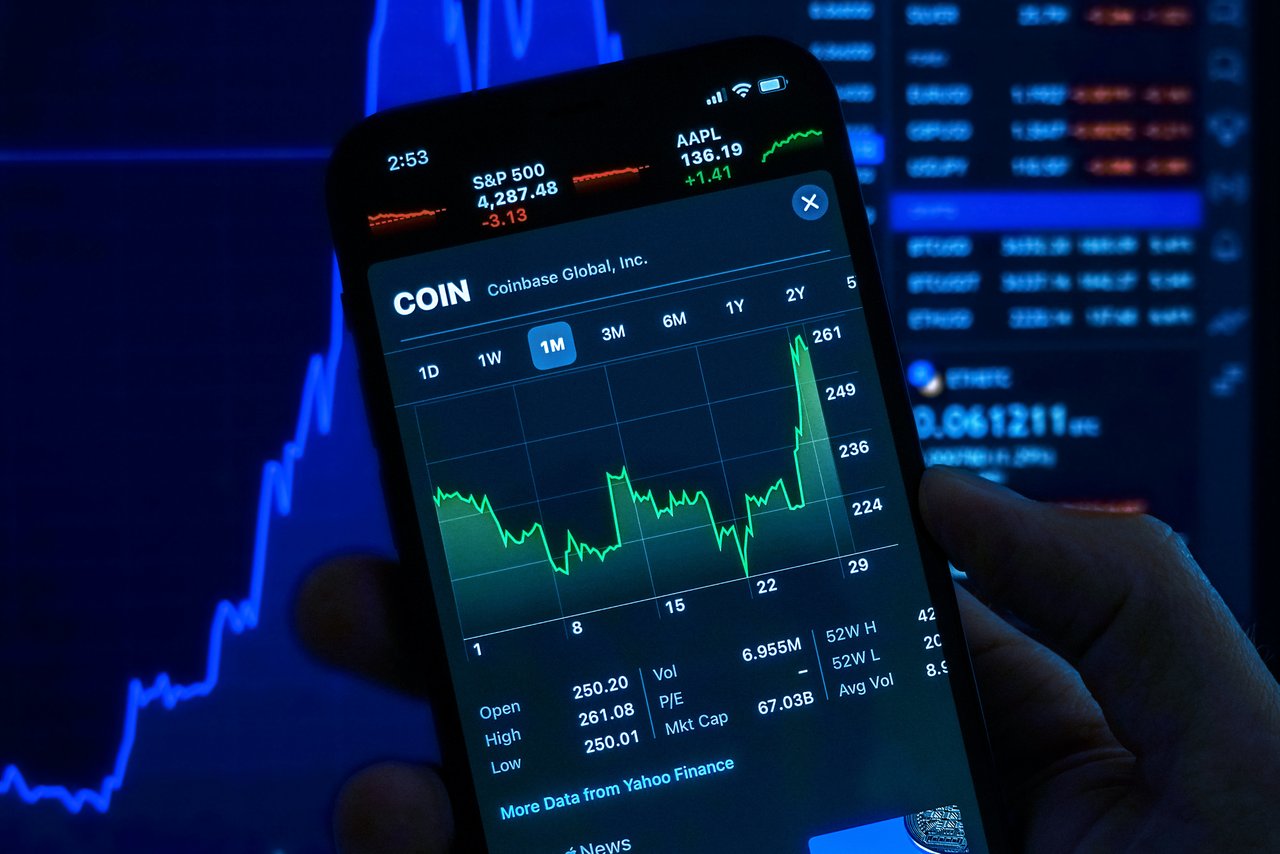The world of cryptocurrencies is an amazing invention that gives the power of money back to the people, but with great decentralization comes great fraud. Over the years several cryptocurrencies have been exposed as scams or not all that they appear to be, the most obvious scams being Squid Games Token and Tether.

Photo by André François McKenzie on Unsplash

As of July 1, 2022, you have another to add to the list because the CFTC in the United States has just charged Mirror Trading International with fraud. Read on to learn more about the situation and what the next steps are for those involved in the company.

What is Mirror Trading International?
Mirror Trading International is a self-proclaimed Bitcoin investment group based in South Africa. Supposedly, as a member of a mining pool, you can give Mirror Trading your BTC and they will invest it much like a hedge fund invests USD. Users will then reap the benefits of these trades, such as returns and Bitcoin dividends.

Mirror Trading specifically boasted 10% returns on its various websites and offered documents from the broker to support its claims. They claimed that this broker was a bot that ran on proprietary software that used market arbitrage among other money-making tactics. They own many websites for Australia, South Africa and America. The company is owned by Cornelius Johannes Steynberg, who lives in the Western Cape, South Africa.

MTI scam
As great as that sounds, it's time to discuss the scam. According to court documents, anyone who wanted to buy into this trading fund could do so using bitcoin and would receive certain returns after a few months.

However, as it turns out, these returns were not because Steynberg was investing this bitcoin, but rather because he was using money provided by new investors to pay off old ones. This is known as a Ponzi scheme and is completely illegal.

It was found that the brokerage documents presented on the website were completely falsified and Steynberg had no intention of ever investing anyone's money he received. In total, it received more than 1.7 billion USD equivalent or 29,421 BTC from the United States alone. US government does not how much he may have received worldwide. It did so without being registered as a commodity fund, which is why the CFTC is now involved.

The MTI scam allegedly ran from May 18, 2018 to March 30, 2021. In addition to using his website to recruit people to his fund, Steynburg also used social media to attract members to his investment.

MTI owner on the run
Although South Africa has an extradition agreement with the United States, Steynberg was on the run from South African law enforcement. With thousands of dollars at his fingertips, it's no surprise that he eluded law enforcement.

He was last seen in Brazil, where he was detailed by Interpol. It is unclear whether he is still being held or has been released and where he is now.


Photo by Jeremy Bezanger on Unsplash
What can MTI investors do?
Are you an investor in MTI? It can be sad to find out that something you believed in was actually a scam, but the good news is that the CFTC is seeking full compensation for all those who were wronged by the defendant.

If you were involved, it is likely that the CFTC will contact you as the case progresses. You can also contact the CFTC to see if there is anything you need to submit to be included in the settlement. This is an open case and will likely take several years to reach a conclusion.

No matter what happens, don't let a single scam make you lose faith in cryptocurrencies because there are many legitimate products out there, you just have to do your research to find them.

It sounds too good to be true
The most obvious sign that something is a scam is that it sounds too good to be true. There is no such thing as free money in this life (except when you visit the MintDice.com faucet, of course!) and any site promising 10% returns or more should be considered too good to be true.

There is no proof
Any company can make all the claims they want without having to back up what they claim. And even if you do, study these documents very carefully. It may even be beneficial to hire someone to review the whitepaper of any project you are considering investing in. They may be able to spot fake documents much more easily than you and save your life savings from being scammed.

It's international
While there are many legitimate projects available overseas, Bitcoin is an easy currency with no borders and fraudsters take advantage of that. Check where the project is located nearby. If it is not a company that is considered reputable in its country or in a reputable country, that is a bad sign.

The individual running it does not have the right background
Developing a cryptocurrency project is very challenging. If someone runs a financial company but has no knowledge of finance or technology on their website, that's a bad sign.

It is a good practice to check the LinkedIn accounts of each project you are considering investing in, as this can be a good way to flush out posers. If you don't have a LinkedIn account or if it doesn't show the right background, don't invest.

Overall, it will be interesting to see how the court case against MTI turns out. Hopefully, everyone who lost their money to the scam will be refunded. In the meantime, make sure you use the tips above to avoid more crypto scams when investing in cryptocurrencies, and remember to never invest any money you're not prepared to lose.
Thanks for reading and see you in my another blog
First posted here
